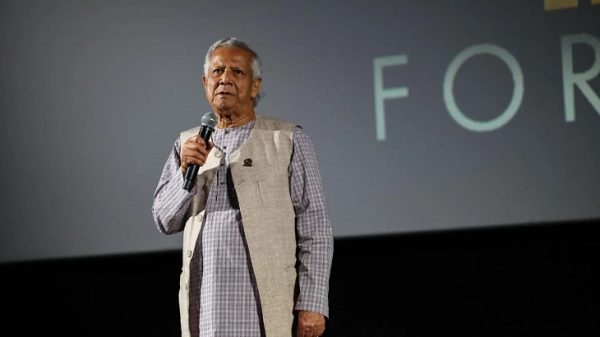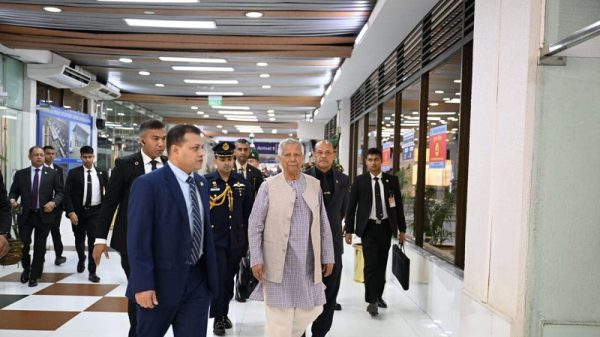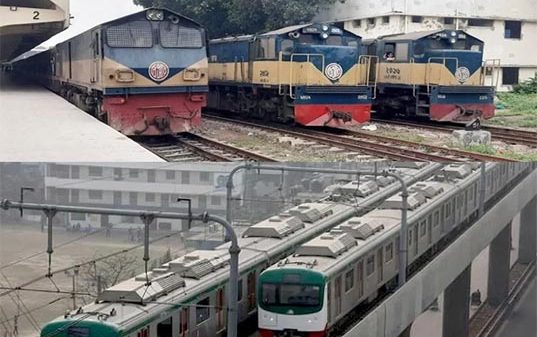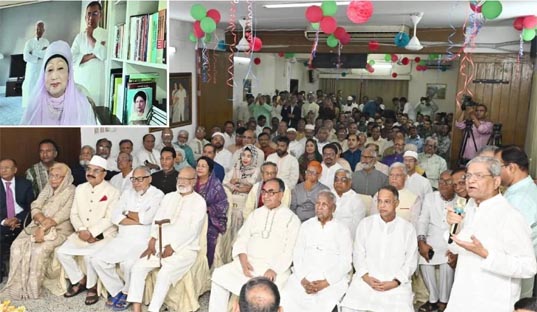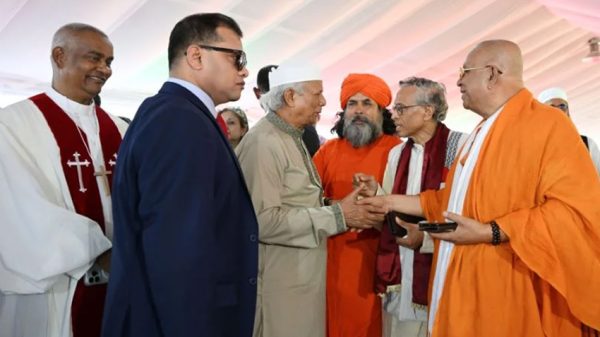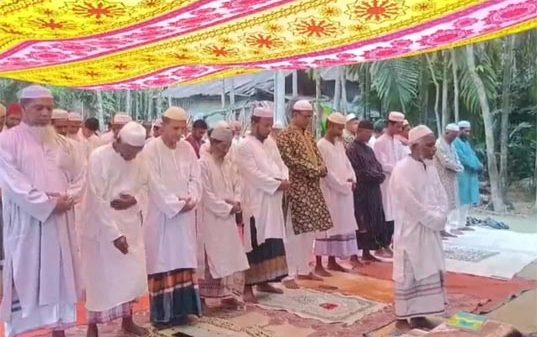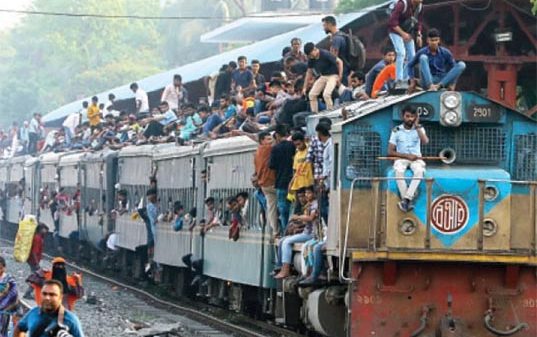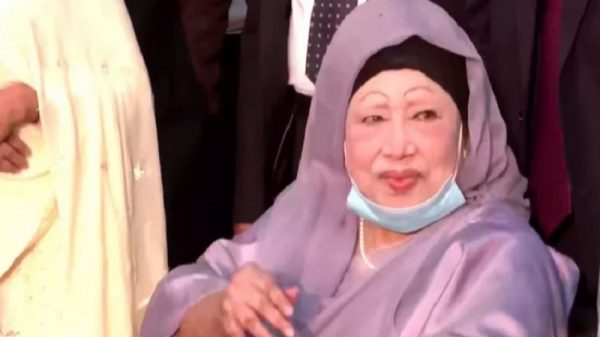Bangladesh ranks 82nd on Digital Quality of Life Index, internet quality 5% lower than global average

- Update Time : Thursday, 21 September, 2023, 06:40 pm
- 139 Time View
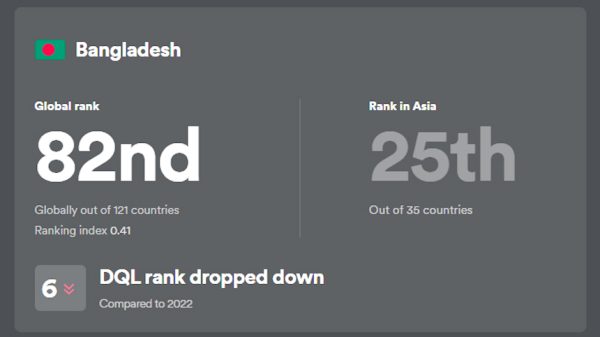
Online Desk: Bangladesh has dropped six places on Surfshark’s annual Digital Quality of Life (DQL) Index since last year. The country ranked 82nd among 121 countries, according to Surfshark’s 5th annual DQL index. The Digital Quality of Life Index is an annual study that ranks 121 countries by their digital wellbeing based on 5 core pillars. The study is based on the United Nations’ open-source information, the World Bank, and other sources. Out of the index’s 5 pillars, Bangladesh performed best in internet quality, claiming 65th place.
Bangladesh’s internet quality is 5 percent lower than the global average, according to the index. Fixed internet averages 53 Mbps in Bangladesh compared to 300 Mbps in Singapore which ranked the highest in the world. Meanwhile, Yemen has the slowest fixed internet in the world with 11 Mbps average internet speed. Mobile internet in Bangladesh averages 20 Mbps. The fastest mobile internet — the UAE’s — is 310 Mbps. Venezuela has the world’s slowest mobile internet speed, which is 10 Mbps.
Compared to India, Bangladesh’s mobile internet is 73 percent slower, while fixed broadband is 31 percent slower. Since last year, mobile internet speed in Bangladesh has improved by 41 percent, while fixed broadband speed has grown by 23 percent. The nation ranked 73rd in e-government which determines how advanced a government’s digital services are and the level of Artificial Intelligence (AI) readiness a country demonstrates. Bangladesh’s e-government is below the global average. In terms of internet affordability, Bangladesh ranked 77th globally.
According to the DQL index, Bangladeshis have to work 4 hours 26 minutes a month to afford fixed broadband internet. While this is less than the global average, it is 15 times more than in Romania (18 minutes), which has the world’s most affordable fixed internet. To afford mobile internet, Bangladeshis have to work 1 hour 35 minutes 28 seconds a month. This is 6 times more than in Luxembourg, which has the world’s most affordable mobile internet, according to the report.
Bangladesh achieved the 84th position in the e-infrastructure category, which assesses both internet penetration and network readiness in a country for harnessing information and communication technologies. Bangladesh’s internet penetration is moderate (at 77 percent, 77th in the world), and the country ranks 87th in network readiness.
In the overall Index, Bangladesh lags behind India (52nd), but is ahead of Pakistan (93rd). In Asia, Bangladesh takes 25th place, with Singapore being the leader in the region. Bangladesh has dropped 10 places in terms of e-security ranking, at 85th in the world. The e-security pillar measures how well a country is prepared to counter cybercrime, as well as how advanced a country’s data protection laws are. In South Asia, Bangladesh lags behind India, which ranked 66th, but outperformed Pakistan (101st) in the e-security pillar.


